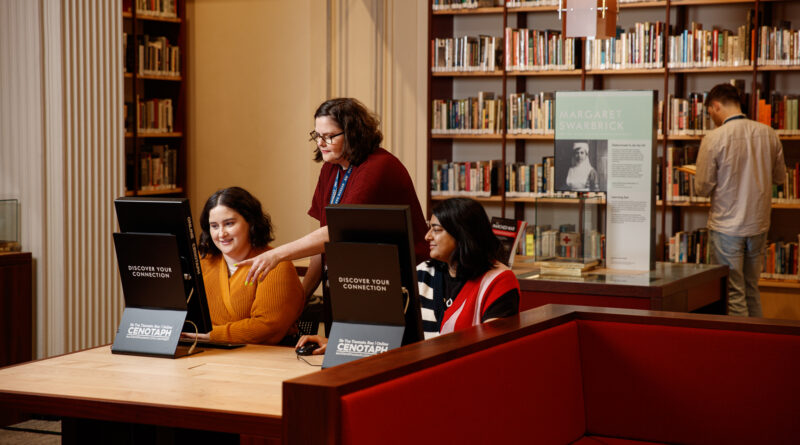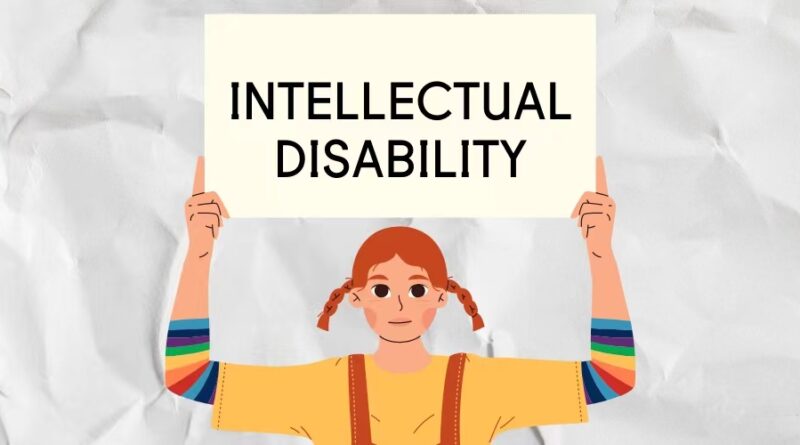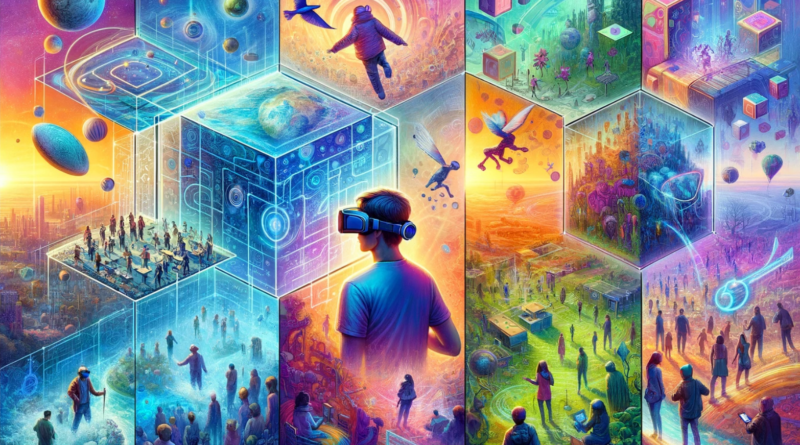How Everyone Can Agree on What Counts as Quality Information
It’s tricky for people to agree on what counts as quality information. We see this every day with echo chambers on social media, where everyone has their own idea of what’s true or important. This suggests that information quality is a product of our own, individual minds—one that is best captured in “like,” “love,” “haha,” and “wow” buttons on social media. But our research suggests there’s a way to get people on the same page about information quality, and it involves making some changes to how we assess and share information online.
Read More













